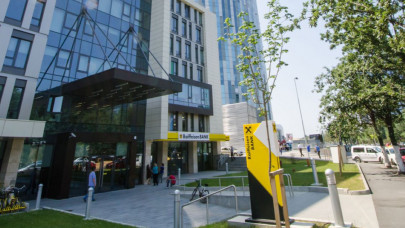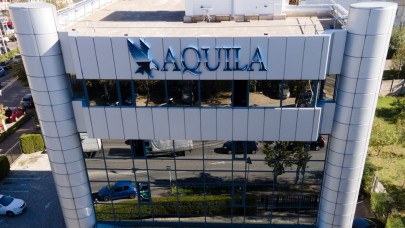For the choice of electronic communications services and postal services, prices and service quality are the most important, with scores of 8.7 and 8.5 respectively (on a scale of 1 to 10), while environmental impact receives a score of 6.2 in user preferences.
In the case of postal services, the use of biodegradable packaging (58% of respondents) and electric delivery cars (50% of respondents) would have the greatest impact on the carbon footprint. Additional taxation of environmentally unsustainable services would be accepted by a fifth of respondents.
Respondents would be somewhat willing to accept longer delivery times for postal services, with an average of 6.04 out of 10.
Most respondents replace equipment once every 4 years or less often, with laptops/computers being kept the most. Equipment damage is the reason for the latest replacement.
Equipment (smartphones, tablets, laptops, computers, etc.) used in the last 5 years was most often given to relatives/friends (49%), taken for repair (47%), or recycled (32%).
In the purchase decision, 60% of the respondents would take into account the energy class of the phone only under conditions of a similar price. At the same time, monetary compensation or vouchers would positively influence the decision to recycle electronic equipment for 72% of the respondents, and handing over the old equipment upon receiving the new one for 59% of the respondents.
Respondents consider themselves generally uninformed about the environmental impact of electronic and postal communications products and services.
The vast majority of respondents (83%) believe that the biggest impact of electronic communications on the environment is the equipment used, and for postal services, the biggest impact is the packaging of parcels (73%).
Information received from family, acquaintances, and friends is more reliable than that obtained through social networks or the media.
Overall, the most useful aspect of going digital is connecting with other people (mean 8.79), especially for respondents in the 16-24 age group. Respondents in the 45-54 and 65+ categories believe that the most useful aspect of digitization is easier access to culture or information (average 8.65 and 8.51, respectively).
Among respondents who use the Internet, the most time is dedicated to work (144 minutes per day, on average).
The market study regarding the attitudes and perceptions regarding the sustainability of electronic communications services and postal services is available on the ANCOM website and was conducted on a nationally representative sample of 1,471 respondents, natural persons over the age of 16, who I live in Romania, both in the urban and rural areas.













